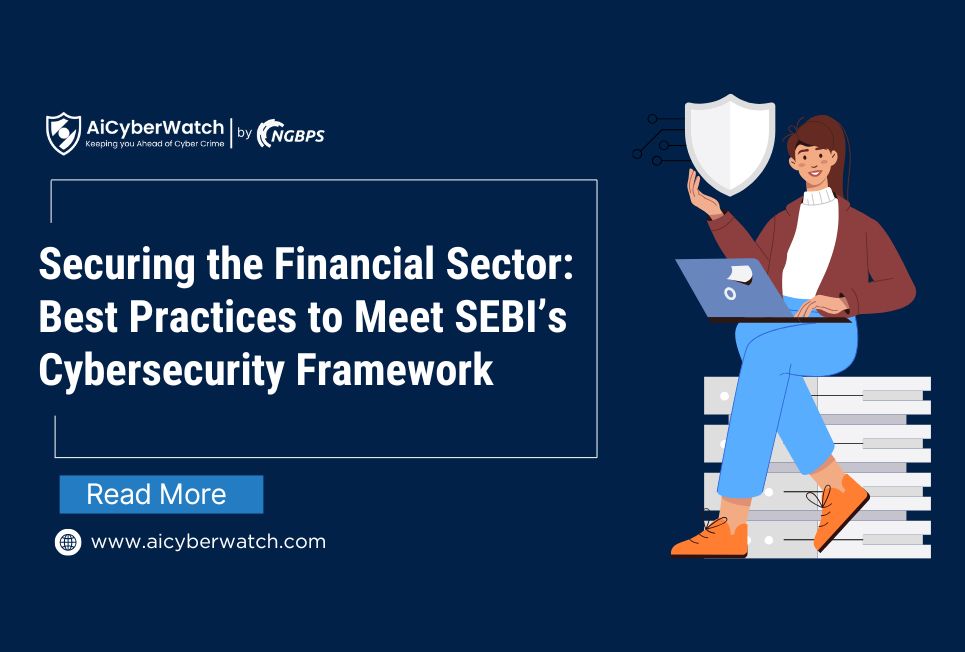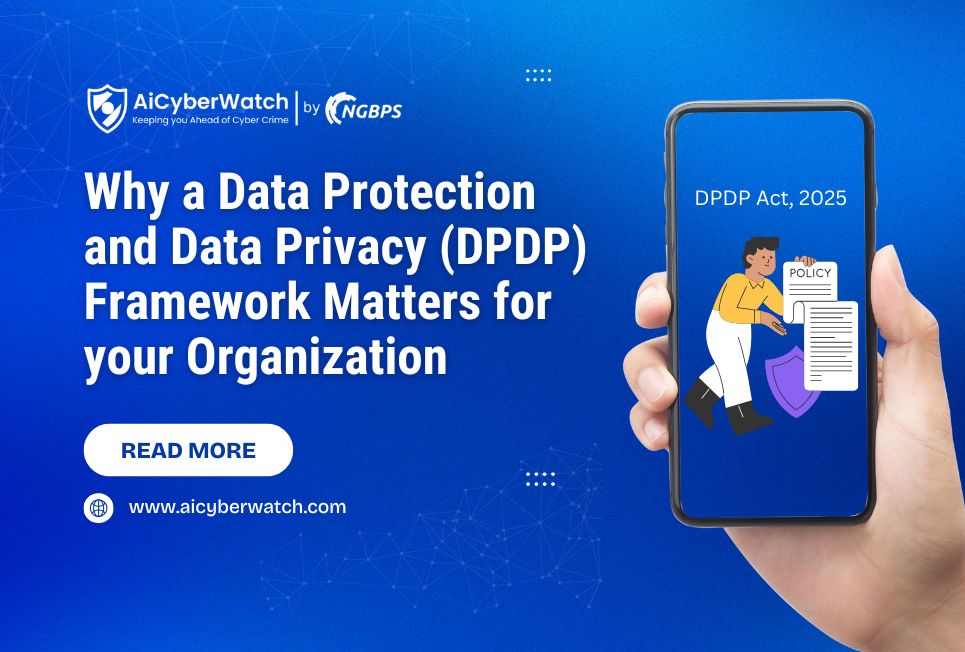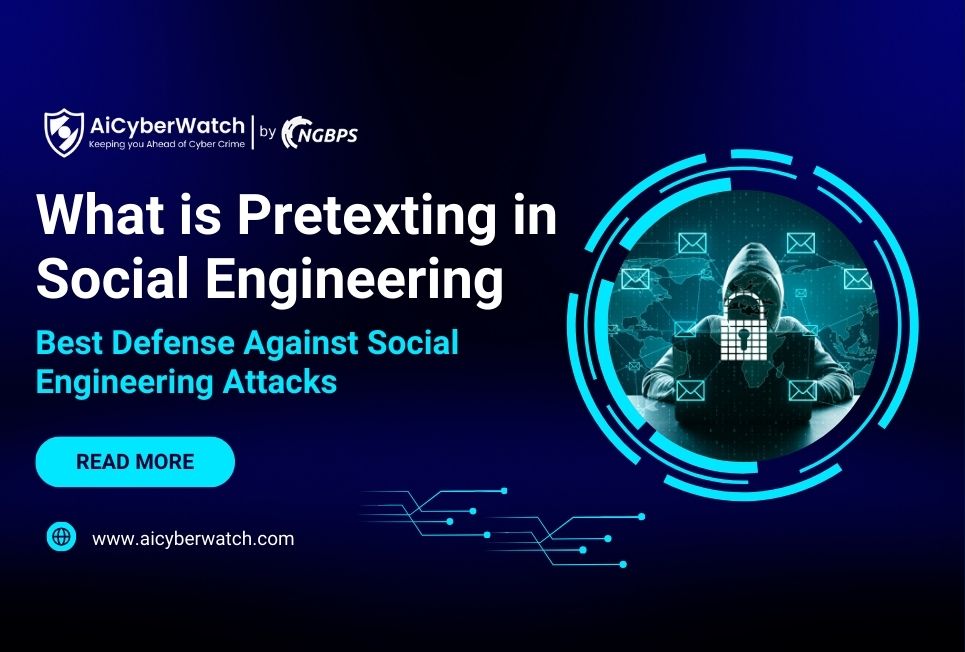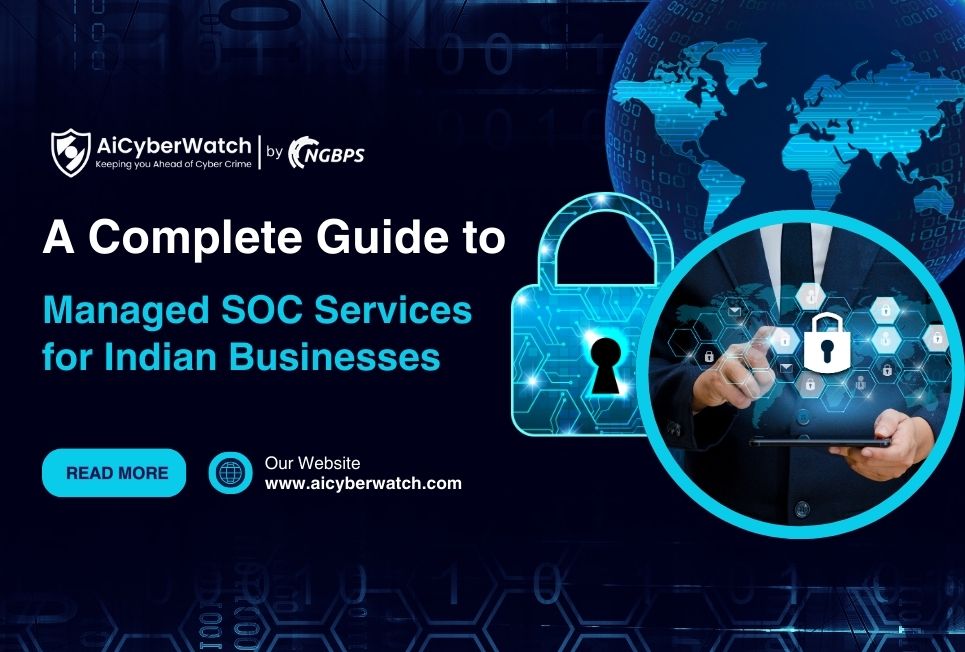The financial sector is one of the most targeted industries for cyberattacks due to the sensitive nature of its data and the critical infrastructure it operates. Recognizing this, the Securities and Exchange Board of India (SEBI) has mandated a comprehensive Cybersecurity Framework to ensure financial institutions remain resilient against cyber threats.
This blog explores how organizations can adopt best practices to comply with SEBI’s cybersecurity framework and highlights the role of SOC Service Providers and VAPT Audits in achieving regulatory compliance and strengthening cyber defenses.
Why SEBI’s Cybersecurity Framework Matters
SEBI’s guidelines emphasize building resilient defenses against sophisticated cyber threats. They require financial entities to implement:
- Proactive risk management strategies.
- Continuous monitoring and incident response capabilities.
- Periodic vulnerability assessments.
- Stringent security protocols for third-party vendors.
Adherence to these guidelines not only ensures compliance but also fosters trust among stakeholders by securing sensitive financial data.
Key Challenges in Cybersecurity for the Financial Sector
- Evolving Threat Landscape
Sophisticated cyberattacks such as ransomware, phishing, and advanced persistent threats (APTs) target financial institutions relentlessly.
- Complex Regulatory Requirements
Complying with SEBI’s updated framework can be daunting, especially for organizations lacking adequate resources.
- Data Sensitivity and Privacy Concerns
Handling customer data, transaction records, and financial statements demands stringent data security measures to prevent breaches.
Best Practices to Align with SEBI’s Latest Cybersecurity Framework
-
Partner with SOC Service Providers
A Security Operations Center (SOC) is essential for real-time threat detection and response. Collaborating with leading SOC Service Providers offers:
- 24/7 monitoring to identify and mitigate potential threats.
- Advanced analytics for incident investigation.
- Compliance support to meet SEBI’s stringent requirements.
-
Conduct Regular VAPT Audits
Vulnerability Assessment and Penetration Testing (VAPT) ensures that your infrastructure is secure against potential vulnerabilities. Benefits include:
- Identifying weaknesses in networks, applications, and systems.
- Simulating real-world attack scenarios for proactive mitigation.
- Helping organizations comply with SEBI’s mandate for periodic security assessments.
-
Adopt Multi-Layered Security Measures
A defense-in-depth strategy is key to minimizing risks. This includes:
- Deploying firewalls, intrusion detection systems (IDS), and endpoint security solutions.
- Implementing strong encryption protocols for data protection.
- Ensuring continuous patch management for all software and systems.
-
Strengthen Third-Party Vendor Security
Financial institutions often collaborate with third-party service providers. It’s crucial to:
- Assess vendor security practices regularly.
- Include cybersecurity clauses in contracts.
- Monitor third-party compliance with SEBI’s standards.
-
Educate Employees on Cybersecurity Best Practices
Human error is a leading cause of data breaches. Training employees to recognize phishing attempts, use strong passwords, and follow data security protocols is critical.
-
Implement an Incident Response Plan
A well-structured incident response plan ensures quick and effective action during a cyberattack. It should include:
- Clear roles and responsibilities.
- A defined escalation process.
- Reporting mechanisms in line with SEBI’s requirements.
The Role of SOC and VAPT in Financial Sector Cybersecurity
SOC Service Providers in India
SOC service providers offer advanced monitoring and threat intelligence capabilities tailored to the financial sector. By outsourcing SOC services, organizations can leverage cutting-edge technology and expert analysts without the overhead of maintaining an in-house team.
VAPT Audit Services
Regular VAPT Audits ensure that systems remain resilient to emerging threats. These audits uncover vulnerabilities that might go unnoticed and provide actionable recommendations to mitigate risks, helping organizations meet SEBI’s framework requirements.
Benefits of Complying with SEBI’s Cybersecurity Framework
- Enhanced Data Security: Protect sensitive financial data from breaches.
- Regulatory Compliance: Avoid penalties by adhering to SEBI’s guidelines.
- Stakeholder Trust: Build confidence among customers, investors, and regulators.
- Operational Resilience: Minimize disruptions caused by cyberattacks.
Conclusion
Complying with the latest SEBI Cybersecurity Framework is crucial for financial institutions to secure their operations and protect sensitive data. By partnering with leading SOC Service Providers in India and conducting regular VAPT Audits, organizations can build a proactive defense system that aligns with regulatory requirements and addresses evolving cyber threats.
Stay ahead in the cybersecurity game. Contact us today to learn more about how our services can help you achieve SEBI compliance and protect your financial institution from cyber risks.







 Call Us
Call Us